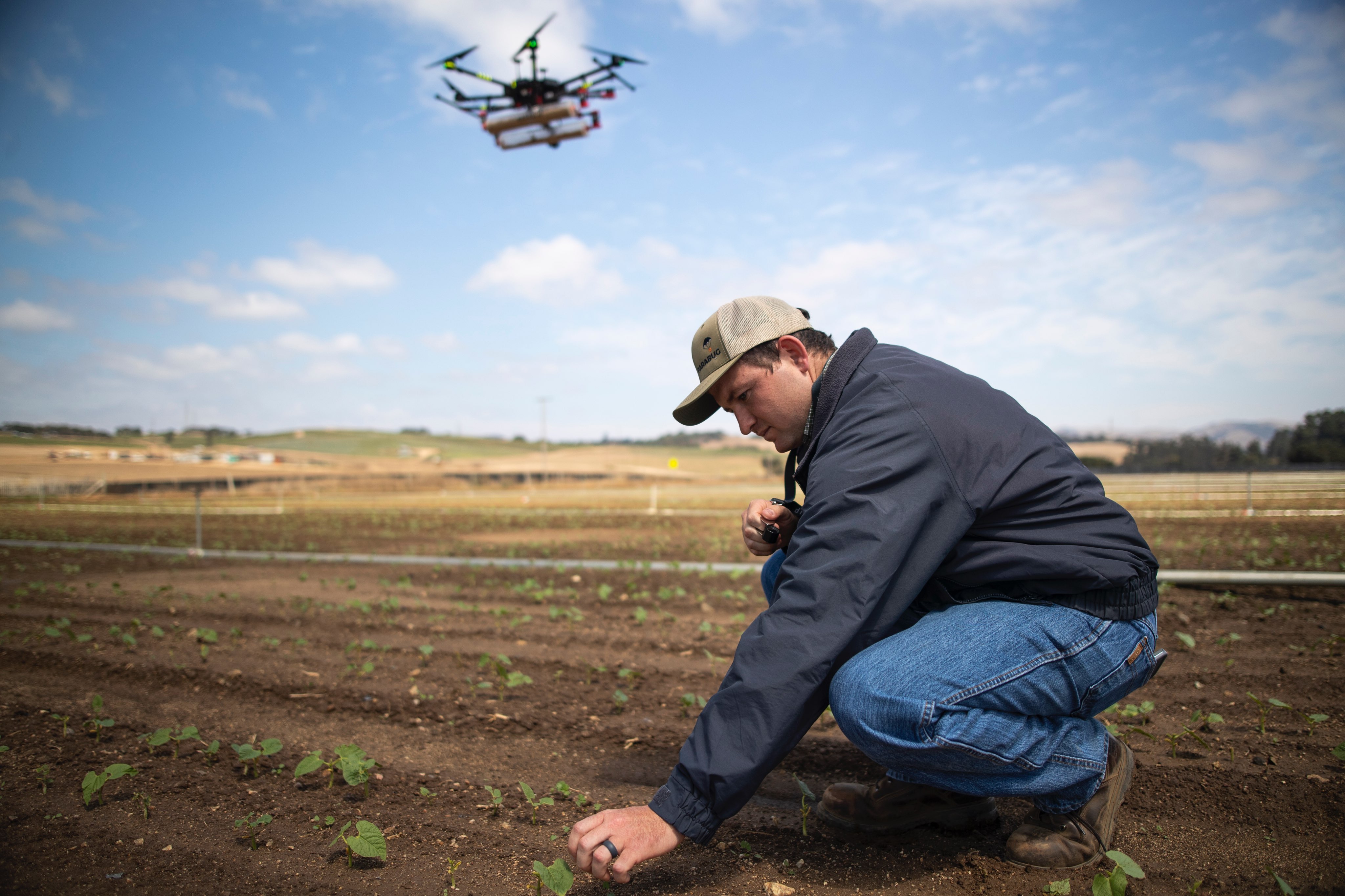
About the Certified Crop Adviser (CCA) program
The Certified Crop Adviser (CCA) and Certified Professional Agronomist (CPAg) programs of the American Society of Agronomy are the benchmarks of professionalism. The CCA certification was established in 1992 to provide a standard for practicing agronomy professionals in the United States and Canada. In recent years, the CCA Program has expanded to Mexico, as well as outside North America.
What is a CCA?
CCAs are partners with farmers on the front lines of critical decisions in agriculture—the risks are high, and the pressure has increased—with tight margins, new technology, pest concerns, and consumer pushes for sustainability in agricultural supply chains. The goal of the program is to enable agriculture as an industry to meet its environmental stewardship objective.
Get the recognition, opportunities, and respect you deserve—become a Certified Crop Adviser.
Who should be certified?
Any adviser/consultant that spends the majority of their time advising growers or farm managers/operators on agronomic practices and can meet the standards of the program.
Certification is the standard by which professionals are judged. The purpose of a certification program is to protect the public and the profession. It is a voluntary professional enhancement to a person's career credentials. Farmers and employers prefer to work with Certified Crop Advisers (CCA) because CCAs have demonstrated they have the commitment, education, expertise, and experience to make a difference in a client's business.
Why become a CCA?
Your agronomic knowledge, field experience, and commitment to continuing education and ethics make you an asset to growers and employers wherever you are. By becoming a CCA you can help connect cutting-edge science and research to the fields where farming gets done, as well as support ongoing research with valuable feedback and results. Become the preferred choice for employers and growers by becoming certified today.

There’s a reason more and more employers across the U.S. and around the world cite the CCA credential as a preference, or even a requirement, when hiring agronomists. It’s because the CCA credential says a lot about you: your knowledge of agronomy, your experience in the field, your commitment to standards of knowledge and professionalism.
When you have the CCA credentials along side your name, it tells employers they can trust you with their top clients. It means that you’ve literally been put to the test. It gives them confidence that your advice is grounded in science and best practice. It gives them comfort that you can be relied upon to mitigate problems while creating opportunities.
What good is a globally recognized credential for agronomists if it doesn’t have relevance to the soils, the climate, the pests, and the prevailing crops within your region? Yes, a portion of CCA Program is an exam that measures your general command of agronomic practices that are relevant anywhere in the world. But the exam includes a component to gauge your knowledge of topics specific to your region.
That’s why the CCA program is globally respected, because it is grounded in the specific realities where you live and work. Its content is based on the real-world challenges and opportunities you and your clients face on a day-to-day, season-to-season basis.
There’s “book smart” and there’s “farm smart.” There is science and research … and then how science intersects with reality. And the beauty of the CCA Program is that it connects the latest scientific research with the realities of what’s happening on farms and in fields. After all, what good is a nutrient management plan if it’s stuck in a drawer?
A significant value of the CCA Program and the CCA community is that it creates a genuine and active feedback loop: connecting science and research to the farms and fields in which that science goes to work through our network of CCAs, and then, as importantly, taking the results and the feedback from those farms and fields back to the scientists and the researchers, again, through our network of CCAs
As part of the CCA network and community, you get to play a key role in making this connection.
Making the CCA credential more relevant and meaningful is that it demonstrates your commitment to education and ethical practice on an ongoing basis.
To maintain your credential, you commit to earning 40 continuing education units (CEUs) every two years to ensure your achievement remains relevant with the changing practices within agronomy. Another commitment you make as a CCA is to its Code of Ethics, which compels every CCA to act in a responsible manner not only in your engagement with clients, but in your stewardship of natural resources and the environment.